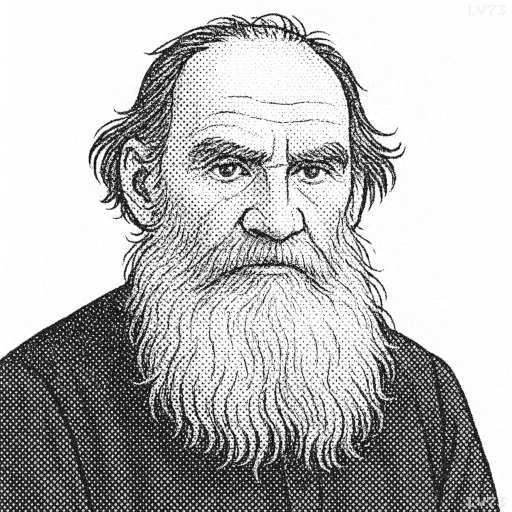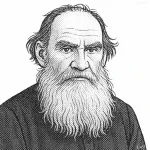“Without knowing what I am and why I am here, life is impossible.”

- September 9, 1828 – November 20, 1910
- Born in Russia
- Writer, philosopher
table of contents
Quote
“Without knowing what I am and why I am here, life is impossible.”
Explanation
In this quote, Leo Tolstoy reflects on the profound existential question of self-awareness and purpose. He suggests that without understanding who we are and why we exist, life loses its meaning, making it difficult to navigate the challenges and choices we face. Tolstoy believed that a lack of self-awareness leads to confusion, dissatisfaction, and inner turmoil, as individuals are unable to align their actions with a deeper sense of purpose or moral clarity. For Tolstoy, true fulfillment comes from self-reflection and understanding one’s place in the world, which allows for a more meaningful existence.
This message is particularly significant in the modern era, where many people face existential questions about identity and purpose, especially in a fast-paced, materialistic society. People often struggle with feelings of emptiness or confusion, particularly in the pursuit of success or social approval. Self-discovery and understanding one’s own values become essential for a fulfilling life. By contemplating questions like “What is my purpose?” or “How can I contribute to the greater good?” individuals can find clarity and meaning, much like Tolstoy did during his own spiritual journey.
Tolstoy’s personal transformation illustrates the importance of this understanding. After a period of deep personal crisis and searching for meaning, Tolstoy embraced a life centered on spiritual awareness and moral integrity. In his later works, he expressed how understanding one’s purpose in life can lead to true peace and moral clarity. This quote, therefore, not only underscores the importance of self-awareness but also reflects Tolstoy’s own philosophical and spiritual evolution towards a life of greater meaning.
Would you like to share your impressions or related stories about this quote in the comments section?



